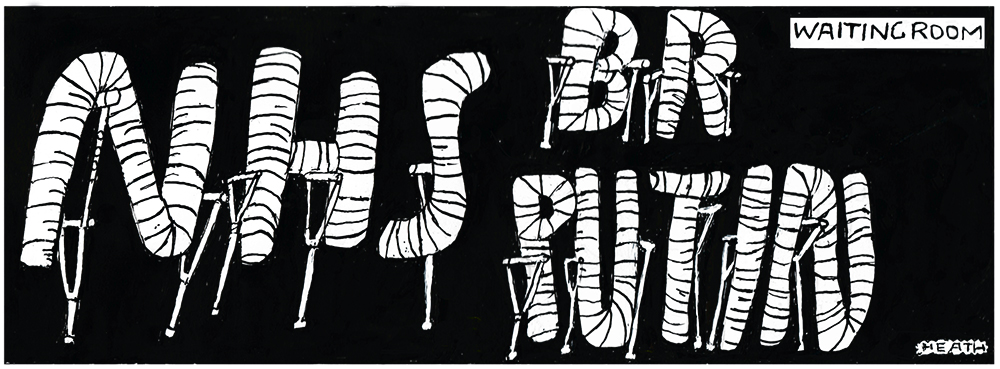Home
The annual rate of inflation fell to 6.8 per cent in July, from 7.9 per cent in June. Wages in the period of April to June were 7.8 per cent higher than a year earlier, according to the Office for National Statistics. GDP grew by 0.2 per cent in the second quarter, after growth of 0.1 per cent in the first quarter. The number of people inactive because of long-term sickness rose to more than 2.5 million, 400,000 more than at the start of the Covid-19 pandemic. Unemployment rose from 3.9 per cent to 4.2 per cent. Food prices were 12.7 per cent higher in the four weeks to 6 August than a year earlier, according to Kantar, a research company. Wilko, the homeware chain with 400 outlets, was for sale after going into administration. Junior doctors went on strike for another four days. The government announced £250 million in funding for an extra 900 NHS hospital beds in England by January and another 4,100 thereafter. A new 112-space car park at Manea station, Cambridgeshire, attracted only three cars in its first week.
Six people died when a boat carrying migrants sank off Calais; 59 were rescued by French and British coastguards. In three days, 1,608 migrants crossed the Channel in small boats, bringing the total in the past five years to 101,690. The 39 migrants who had been persuaded to take up lodging aboard the Bibby Stockholm barge moored off the Isle of Portland were disembarked again after traces of Legionella bacteria had been found in its water system. Albanian people-smugglers advertised passages from Santander to Portsmouth hidden in lorries for £14,000.
Three Bulgarians from Great Yarmouth and Harrow have been in custody since February, charged with possessing identity documents with ‘improper intention’, allegedly in the interests of Russia.








Comments
Join the debate for just £1 a month
Be part of the conversation with other Spectator readers by getting your first three months for £3.
UNLOCK ACCESS Just £1 a monthAlready a subscriber? Log in